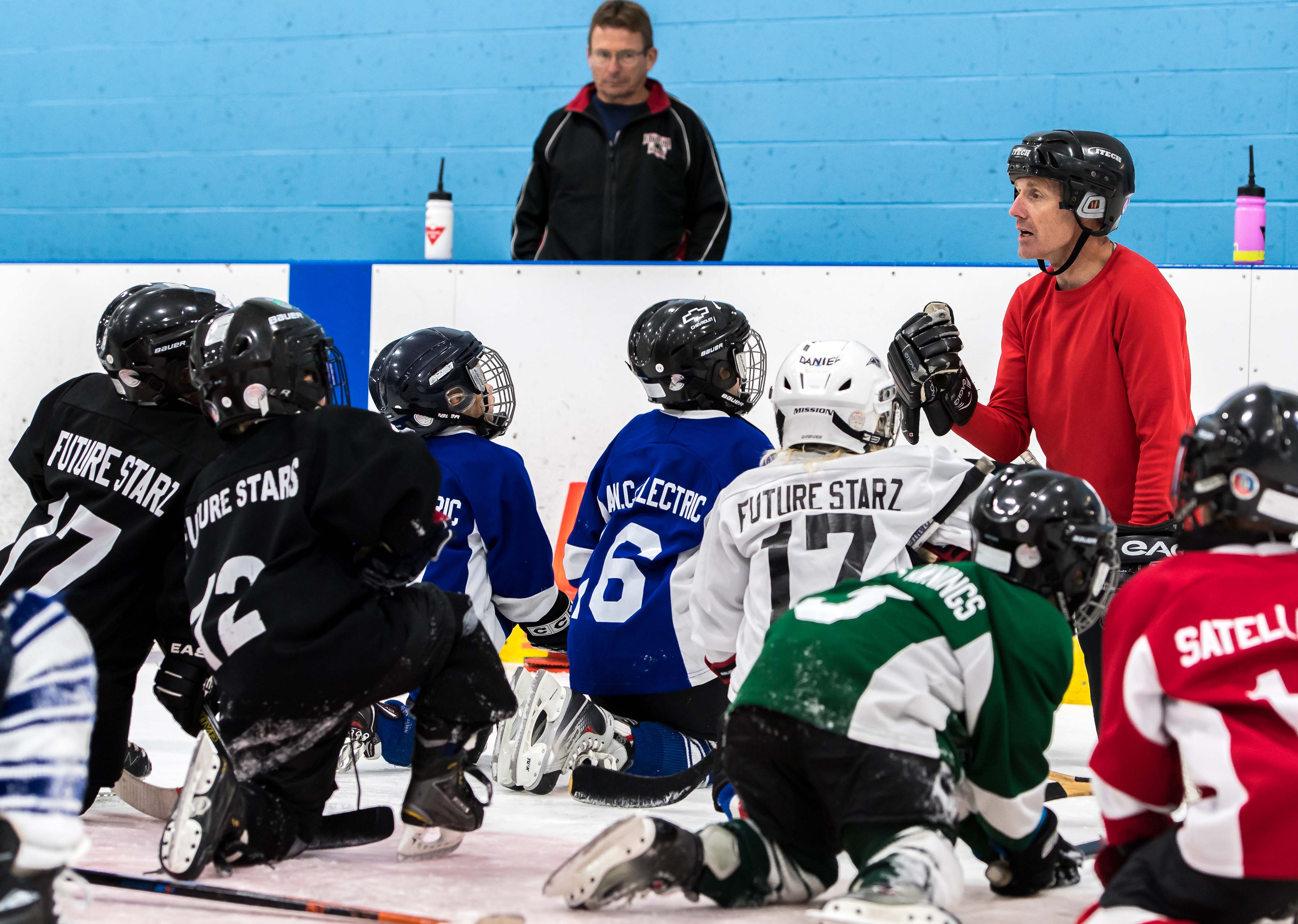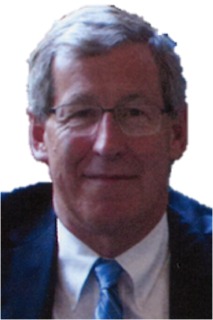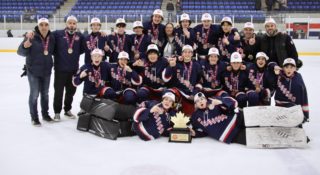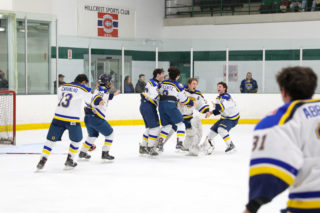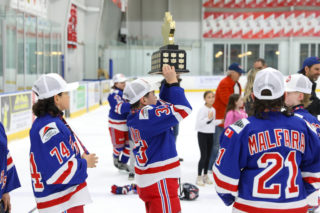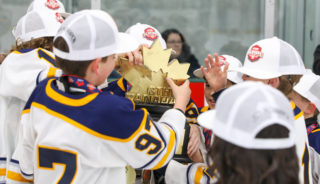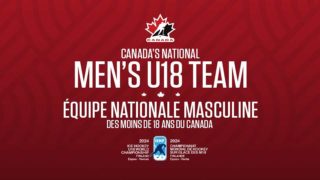The GTHL is fortunate to have more than 7,000 people serve as coaches, assistant coaches and trainers every season. These folks devote countless hours to developing their players’ hockey skills and fostering all the intangibles that can be gained from participation in sports.
Coaches serve as tremendously important role models in a young person’s life. Their influence stretches far beyond the arena or playing field. Many athletes, in later life, credit a coach as one of the key people who guided them down a good path and set them up for success.
Much has been written about what makes a good coach. While coaches, of course, have varied levels of knowledge of hockey technique and sport science, and different coaching styles, it is often said that the most important message a coach can convey to young players is simple: enjoy the game and be a better teammate by the end of the season. With those guiding principles, skill development, personal growth and competitive success follow.
A few years ago, the Sporting News ranked UCLA basketball coach John Wooden as the greatest coach in sports history. His teams won 80% of the games he coached and captured 10 NCAA championships in a 12-year span. To have achieved those records, you might think that Wooden must have been a basketball guru and brilliant tactician. But Wooden viewed himself as a teacher of life lessons, more than a sports coach. Wooden wrote a number of books, most of which focused on a coach’s role as a leader and role model. Another book – Coach Wooden and Me – was written about Wooden by Kareem Abdul-Jabbar, who played for UCLA before going on to be one of the greatest players in NBA history. Abdul-Jabbar said: “Coach John Wooden taught me that sports wasn’t just about making us better athletes, but about making us better people. Compassion, kindness and morality were more important than a championship season.”
In the GTHL, coaches come from many backgrounds and walks of life: men and women; young, and not so young; parent and non-parent coaches; shinny players, former junior, college and pro players, and hockey school instructors; police officers, business people, doctors, lawyers, contractors, accountants, bankers, bus drivers ….. You name it. At the end of their work days, they pack their hockey bag and head to the rinks, bringing those life experiences to their team in addition to their hockey know-how.
One of those coaches, Bill Purcell, is about to hang up his spurs after coaching for more than 50 years. He completed that long run this season with the North York Knights Midget AA team – the GTHL regular season and playoff champion. Purcell grew up and played minor hockey in Charlottetown, PEI. He went on to play Junior A in Ottawa and professional hockey in the Eastern League as well as the Maritime League.
When his professional playing days were over, Purcell joined the Toronto Fire Department and started coaching minor hockey in his spare time in the predecessor of the GTHL at Ted Reeve arena. His hockey knowledge and coaching abilities were quickly noticed, and he went on to coach Markham Jr. B and Centennial College.
In the mid-1960s, Purcell became the first head coach of the York University Varsity team, where he spent 10 years building that program. His resume also includes the University of Toronto, Kalamazoo Wings of the IHL, Adirondack Red Wings of the AHL and the St. Mike’s Majors. He also coached the Varese pro team where he won a couple of Italian league championships. Purcell then returned to Canada and the Fire Department and continued coaching: with the Newmarket Saints and St. John’s Maple Leafs of the AHL, Oshawa Generals of the OHL, the famous Whitby Dunlops, as well as Junior A and B teams.
Bill was a demanding coach, with a heart of gold. His players loved him. Many of his players over the years went on to play in Europe, the AHL and NHL. More of them used the determination and perseverance they learned from him to achieve success without wearing skates.
In recent years, Purcell returned to coaching in the GTHL and has continued to do so well into his 80s. As you can imagine, his years in the sport have left him with stories by the dozen. He has been a great mentor to his young co-coaches. And his coaching accomplishments have been well recognized, including induction into the PEI Sports Hall of Fame.
I asked Bill if there was one year that stood out for him in his long coaching journey. He answered immediately that it was the 1970 York University team. In his earlier years coaching at York, the arena had been under construction and the team played on the outdoor rink at Glendon College. Those teams didn’t have too many wins, but certainly possessed no shortage of spirit and characters in the room. Ed Buckman, one of the goaltenders, believed that a goalie needed “heft”. In a game against Brock, when York had played a lengthy stretch in the offensive zone with several faceoffs, Purcell looked back to the other end to see Ed leaning against the goal post – munching on a chocolate bar. Coach Purcell was not amused.
But by 1970, the arena was built and a crop of hockey-playing law students had arrived at York with the relocation of Osgoode Hall from downtown. All of a sudden, the team was winning, including a victory over the powerhouse U of T Blues at Maple Leaf Gardens. The team went undefeated in league play that year and it became a focal point at a school still in its early stages. The team went on to the Canadian Nationals – the first York team in any sport to compete at the national level.
I was fortunate to have been the youngest player on that team and to have played under Coach Purcell and alongside many great players and role models. This past November, the team was inducted into the York Sports Hall and we were invited back to campus for the ceremony – our first time back together since our last game, more than half a lifetime ago. We relived that season, and talked about the years following – careers and families.
Like most teams, we were an assorted group that included scorers, defensive players, vets and rookies. Our first-string goaltender, Bill Holden, was selected by Coach Purcell despite having never played ice hockey – only ball hockey – prior to his time at York. He became one of the best college netminders in Canada. One of our leading defencemen, David Kosoy, had been a great player at Akron, Ohio which he attended on a full athletic scholarship before coming to York for his law degree. The only catch was that he had played football at Akron. Our captain, Murray Stroud, was the energizer. When Coach Purcell couldn’t make a practice because he was firefighting, Murray picked up the whistle and led us through endless wind sprints, hardly breaking a sweat himself. Steve Latinovitch was a great scorer, who played for Dallas and for European pro teams. Ed Zuccato was one of the hardest body checkers in the League, but also the first to pick up an opponent who he had just crushed. Bruce Penny was literally the team ‘policeman’ – a former cop who had returned to University. Roger Gallipeau was the club’s gentle giant. After spending time with St. Mike’s Majors, the University of Michigan and in the International League, he became a high school teacher. “Mr. Gallipeau” was my teacher at Leaside High School. He then went back to law school, and we became teammates on that York team. Sadly, Roger died of cancer in 1997.
Coach Purcell – who understood the importance of teamwork, not only as a hockey coach but in his daily job where lives depended on it – bound us all together. Teaching, encouraging, pushing us to be our best and, mostly without our awareness, helping to prepare us for what the world might throw our way.
After the induction ceremony last November, several of us visited the current York team in their dressing room, and they listened patiently to our old war stories. To the current players, I’m sure we looked pretty grizzled – and they were, perhaps, having a horrifying flash forward. But from inside our heads looking out, not much had changed. The familiar atmosphere of a hockey dressing room was the same. The young players looked much like our teammates had. And some part of us thought that we could probably lace them up again and join the current team, if we just went into intensive training with Coach Purcell for a few months.
As Bill Purcell retires from coaching and another season draws to a close for the thousands of coaches in the GTHL, let me just say to all: “Thanks Coach”. The lessons taught about sportsmanship, hard work and perseverance through the rough and tumble won’t be forgotten by your players.
